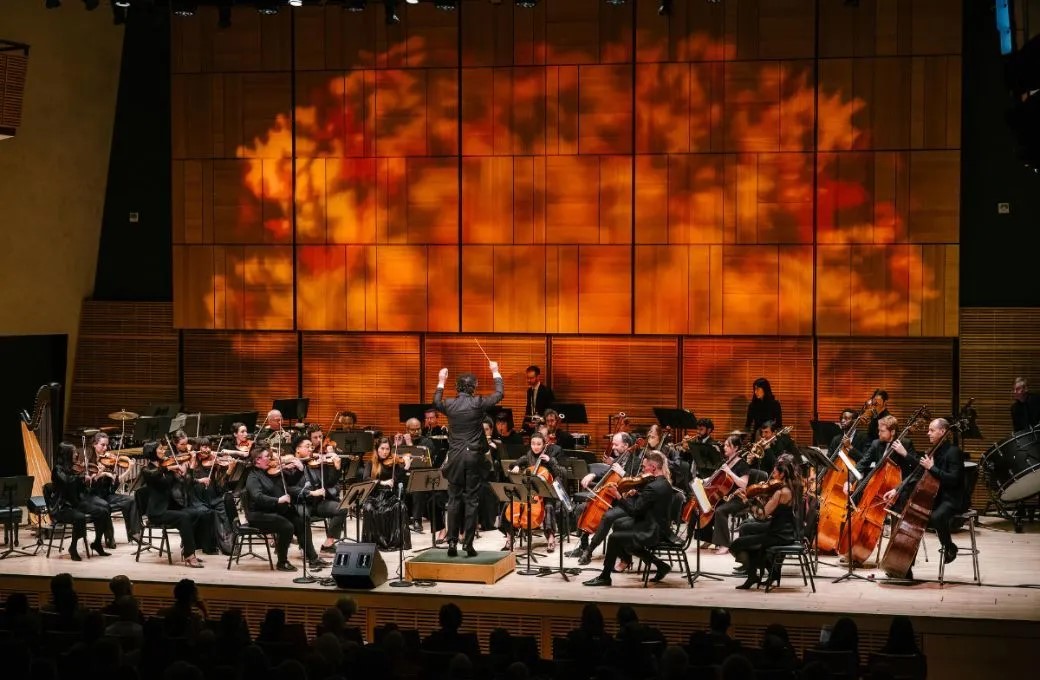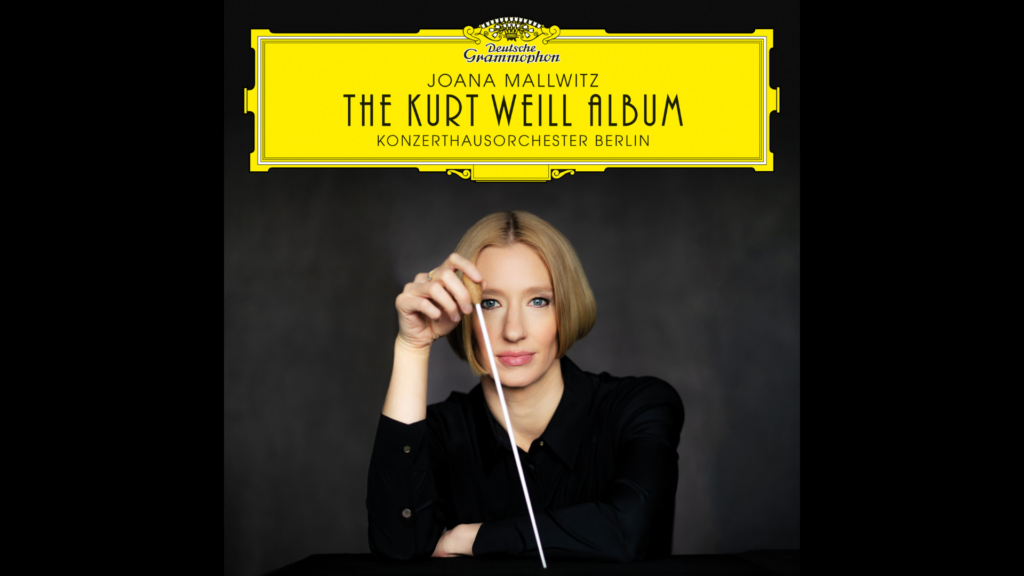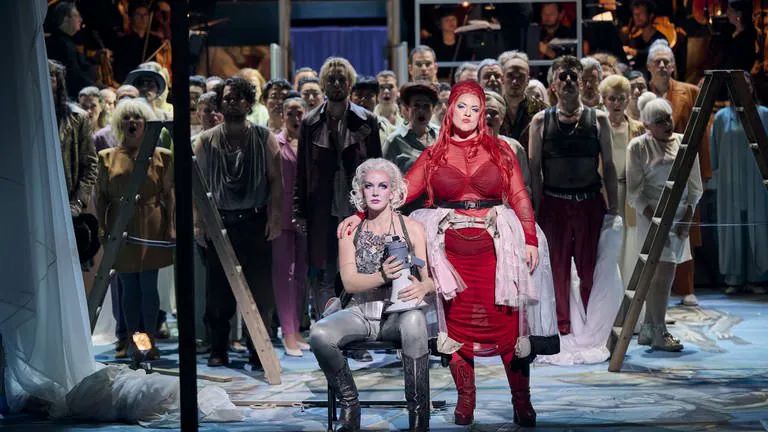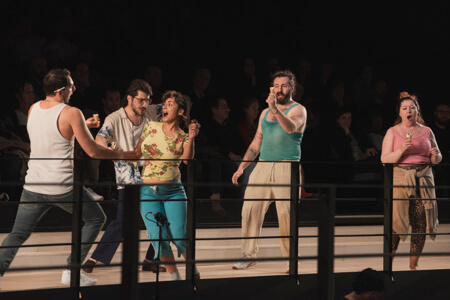1 April – Fantaisie symphonique (Symphony No.2) Norddeutscher Rundfunk (Staatsorchester Braunschweig; Garrett Keast, conductor) Weill’s second symphony continues its rise in the repertory with this March 2024 performance recorded in concert and available for streaming beginning 1 April. 2 April – Das Berliner Requiem Maison de la Radio et de la Musique (Chœur de Radio France; Ensemble Intercontemporain; Sofi Jeannin, conductor.) Plans for this major French performance of Weill’s 1929 work commissioned by Frankfurt Radio were disrupted by the pandemic. The program is at last going forward, including works as well by Britten (The Children’s Crusade), Schoenberg (Friede auf Erden), and the premiere of a work by Helen Neeves (commissioned by Radio France). 12 April – Die sieben Todsünden Carnegie Hall (Wallis Giunta, soprano; Ensemble Modern; amarcord; HK Gruber, conductor) In a dream team line-up, the long-established Weill partnership between HK Gruber and Germany’s Ensemble Modern is joined by Wallis Giunta, proven many times over as one of the great interpreters of Die sieben Todsünden. Vocal ensemble amarcord travels from Germany as well to reprise its role as The Family in this New York premiere of the new fifteen-player version of the work prepared by Gruber and Christian Muthspiel. 19 April – Street Scene (staged excerpts) L’Académie de l’Opéra national de Paris (Yshani Perinpanayagam, conductor; Ted Huffman, director) Conductor Yshani Perinpanayagam brings fresh perspective to a production calling upon the rising talents of L’Académie in a production by adventurous American stage director Ted Huffman. Further performances 21, 23, 25, 27 April. For a full listing of upcoming events, view the Kurt Weill events calendar. | 




